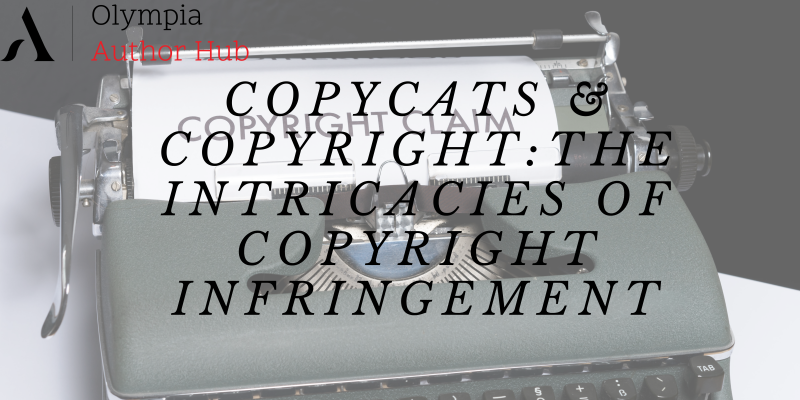Plagiarism. Copyright infringement. The ever-present threats that stalks the recesses of publishers’ and authors’ minds like ravening wolves.
Okay, we’re being dramatic for the sake of intrigue, but today we wanted to examine and talk about plagiarism and copyright infringement, how it affects both authors and publishers, and how to prevent it from becoming an issue.
Don’t Copy the Other Kids’ Homework
This sounds very obvious, but since the dawn of literature, there have been authors, playwrights and poets who have believed that they can lift someone else’s work, change the word order a little bit and then successfully pass it off as their own. In the fifteenth century, this might have been possible (looking at you, William Shakespeare), but with the implementation of modern copyright laws, people can get into a great deal of trouble for plagiarism, especially if it is blatant. As a writer, you have to find that sweet spot that exists in the space between “inspired by” and “copying from”. Nods to concepts and characters created by authors is fine, but lifting plot lines and characters- even if you change the names- can get you into a lot of trouble.
Is that REALLY copyright infringement?
Sometimes, authors will include lyrics from a song, or lines from a poem in their manuscripts, not knowing that this can indeed count as copyright infringement. You might think; why would such a thing count as infringement of copyright? It’s not like you’re claiming that the song or poem you’re quoting is of your own making, so what’s the issue? Well, the rights of pieces of media such as songs and poems are reserved by their publisher (take Sony Music or Polydor Records, for instance), and using or referencing them in your own work means you must first consult the aforementioned publisher and obtain the rights to do so. Again, skipping that stage can land you in some legal trouble.
What are the Consequences for Plagiarism and Copyright Infringement?
To put it very simply and harshly, serious cases of copyright infringement can result in a fine, or imprisonment. The maximum sentence served for such a crime is ten years, and the fine is unlimited.
The Public Domain
The lighthouse that stands proudly against the dark and all-consuming ocean of copyright infringement law is the public domain. What exactly is that? Well, the public domain refers to creative work that is not intellectual property, meaning that it never had any copyright attached to it to begin with, or any copyright attached to it has lapsed. Some pieces of work (photographs, videos most commonly) are put out into the world as public domain materials that anyone can access and use as they please. Some well-known pieces of media, such as the works of William Shakespeare, Walt Disney, Vincent Van Gogh and more, are in the public domain for people to use as they please. So, if you’re referencing a song recorded before 1928, you’ll probably be just fine.


